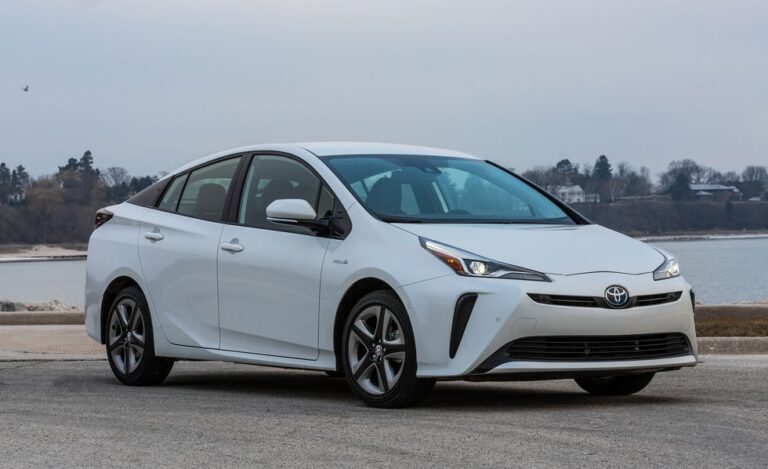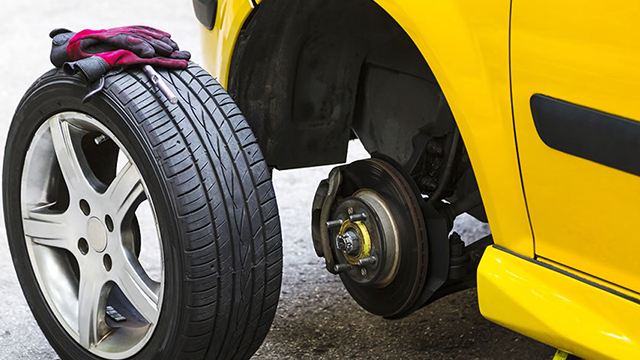When a car loses power it means that it is offering less performance than it would have to offer according to its engine power, which is indicative of some kind of problem in it.
Normally a well prepared and well maintained car will offer performance equal to its power. When there is a problem the car will lose power and the performance will be worse.
Although normally a lot of power is not needed in the car due to speed limits, it is true that the car could have some serious fault that we have not yet detected, which could worsen and end up completely spoiling our car. thus achieving that we have to go to any workshop and pay a large amount of money for its repair.
That is why it is strictly necessary to carry out the pertinent repairs and for the car to recover its strength, since this way we will prevent the car from breaking down. In addition to the fact that when there is wasted power, the cost of gasoline increases, that is, not repairing it can be more expensive than you think.
What do you need:
- Basic knowledge of mechanics.
Instructions
- Exhaust pipe: When there are problems with your car’s muffler and air filter, that is, with the exhaust pipe, it may happen that the engine cannot provide all the power it has to the car, causing a loss of horsepower of the car. A bad exhaust pipe produces a loss of up to 40 horsepower to the car’s power and it goes without saying that people remove the exhaust pipe from their car to make it sound more (which is also usually illegal, since the permitted levels of noise in circulation are exceeded). On the other hand, a good exhaust pipe will not only keep the power of the engine intact, but can add a couple more horsepower to it.
- Injection problems: When there is a problem in the injection, whether they are faults or dirt, it happens that the process of transmission of power by the engine does not occur completely correctly, which also causes horsepower to be lost, in addition to that the car vibrates and that it jerks. In these cases, it is best to go to a mechanic to clean the injectors and repair or change them if necessary to get the car tuned up in the most correct way possible.
- Turbo failure: If you have a car with a turbo engine, it is increasingly common for the turbo to end up damaged for some reason, which will obviously influence the power of your car, reducing horsepower. Some of the most known problems in a turbo are hose problems, valve problems, dirt. You should also go to a mechanic to check the parts that are failing since that way you will be able to return the car to normal.
- Electronic problems: Starting in the year 2000, the first cars with a large electronic load began to appear, with modern on-board computers that monitor the entire car. When these electronics malfunction, the entire car fails, including the power. This is especially common in cars from the beginning of the century, especially from the Renault brand, which tend to fail a lot on the subject of electronics.
- Overheating: When your car’s engine is too overheated, it can cause power loss as the engine cannot work well at high temperatures. This could be because you are in an environment where it is very hot, because there is poor ventilation or because the filters are dirty. Whatever it is, you must remedy it to avoid greater evils.
Tips
- Breakdown prevention: On some occasions, the car breaks down and we can’t do anything, but on others, we can act to prevent breakdowns from occurring and that the car lasts longer without having to go to the workshop. One of the best ways to prevent the car is to drive efficiently, that is, not to run a lot, avoid having to hit hard acceleration and change gears well. It also does not hurt that you take it to mechanical reviews every six months, in order to verify that everything is going correctly.






